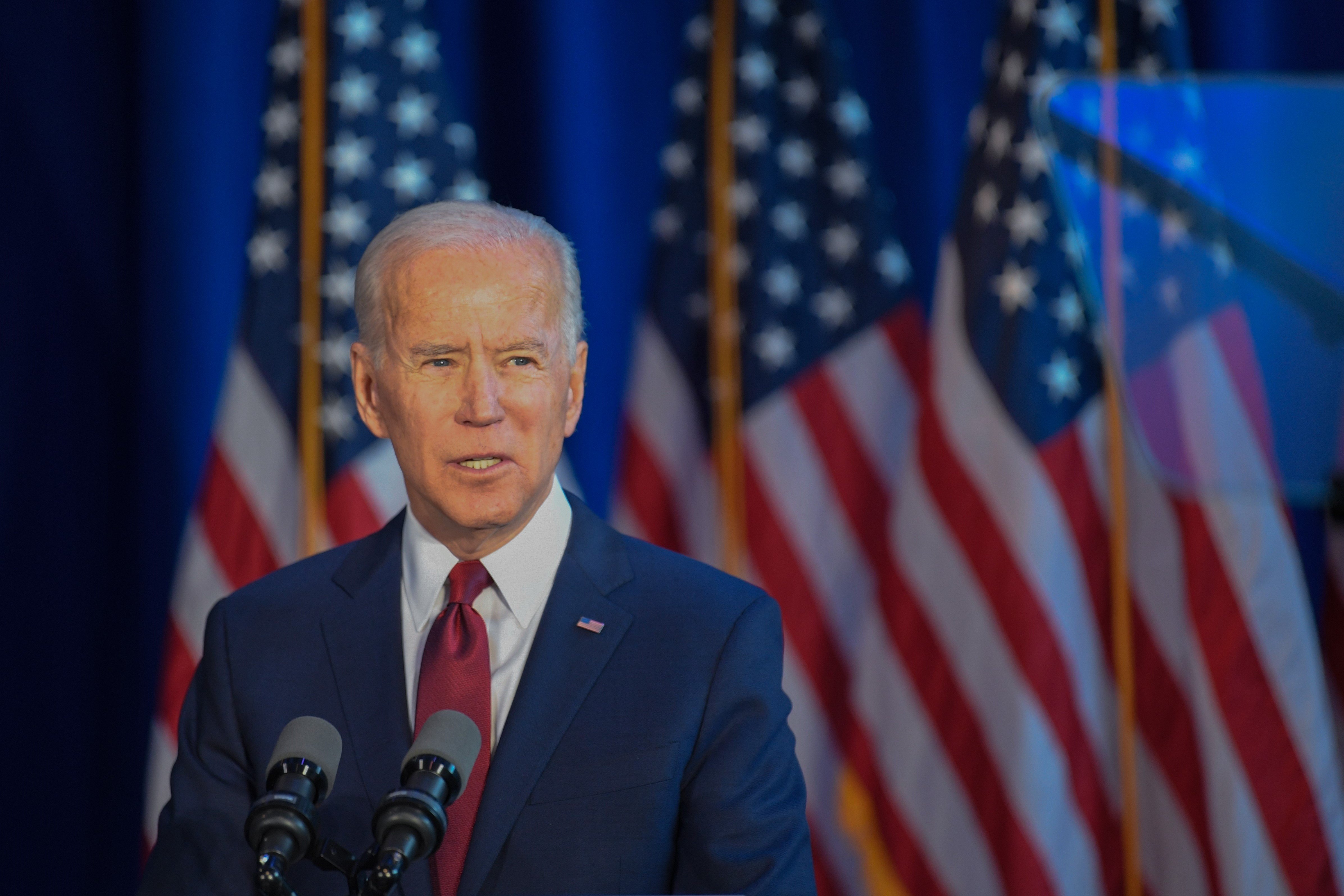The State of US Tech Regulation in 2023
by Sameer Surti on 01 Mar 2023
President Biden, in his State of the Union address laid out his vision for this year. In this blog, Inline Policy will highlight the key tech policy issues on which the Administration and the federal government are focused.
Electric Vehicles (EVs)
EVs are rapidly becoming more and more popular in the US, feeding a demand for proper infrastructure for charging stations across the nation. President Biden stated that the government intends to build 500,000 EV charging stations by 2050. The Department of Transportation (DOT) announced that cities, towns, tribes, and states will soon be able to apply for $2.5 billion in competitive grants to help build EV charging stations across the country.
President Biden also announced that Tesla agreed to open 7,500 of their chargers to non-Tesla EVs by 2024. This will further increase the demand and usage of EVs as it becomes more accessible and practical for Americans to purchase EVs. In addition, the government is awarding tax credits to those who purchase EVs this year, giving another incentive for drivers to consider buying electric the next time they purchase a car.
Digital Competition
President Biden also wants to strengthen enforcement of antitrust legislation to prevent big online platforms from self-preferencing. This is when platforms boost or prefer their own products over those of rivals. Although Congress has been working on legislation in 2022 such as the American Innovation and Choice Online Act and the Open App Markets Act, they have so far been unable to pass these legislations. With a Republican-controlled House pitted against Democrats who control the Senate, the odds of passing legislation addressing digital competition are low.
Despite this, there is potential for progress this year. The Department of Justice (DOJ) and the Federal Trade Commission (FTC) are attempting to regulate big tech companies. A case filed in 2020 between the DOJ and Google is set to go to trial in September.
The FTC has been involved in multiple cases preventing mergers such as the Microsoft-Activision case as well as investigations into Amazon. Moreover, the FTC recently announced the creation of the Office of Technology. The office will aid efforts to regulate the technology sector, as the FTC and DOJ are ramping up efforts to regulate companies of an extremely large size. This is a sign that the FTC is trying to grow and bolster its ability to protect consumers and enforce antitrust regulations.
Federal Data Privacy and Protection
President Biden asked Congress to pass comprehensive legislation to protect the data of children. This would prevent companies from storing data and selling it to advertisers to target children. A recent Senate Committee on the Judiciary hearing focused solely on protecting children online, but did not mention broad privacy and protection efforts for all Americans, including adults. This is a sign that federal data privacy and protection from Congress will most likely not see traction despite the American Data Privacy and Protection Act making significant bipartisan progress in 2022.
State-Level Regulation on Data Privacy and Protection
Individual states, however, are having greater success in progressing measures on data privacy and protection. States such as California and Virginia already have legislation in effect. Connecticut and Colorado have data privacy legislation that will be effective on 1 July 2023, and Utah has passed legislation that will be effective on 31 December 2023. As of now, 16 states ranging from New York, Hawaii, Oklahoma, Oregon, Iowa, and others have at least one bill or statute currently being considered in state legislatures.
Artificial Intelligence (AI)
AI has exploded in popularity for even everyday consumers, but there is very little regulation of AI in the US. However, Congress is beginning to focus on AI, not just because people are beginning to use it but also because there is an AI ‘arms race’ beginning to stir with China. This arms race is one of the biggest arguments for AI not to be hindered by regulation in the US made by some technology companies. They argue that such regulation would stifle development that in turn could jeopardize national security, assuming that China might overtake the US on AI if regulation hindered innovation. US lawmakers are both intrigued but also concerned about the impacts of AI. The Biden administration released a blueprint for a “Bill of Rights” for AI, which lays out five key principles covering: safe and effective systems, algorithmic discrimination protection, data privacy, notice and explanation, and human alternatives, consideration, and fallback. These principles are designed to guide the use and implantation of AI, however, they are not binding nor do they have any legal authority.
Section 230
The Supreme Court will be ruling on Section 230 of the Communications Decency Act of 1996, which provides immunity for online platforms from being liable for third-party content. The case, Gonzalo v. Google, looks at whether social media platforms' use of algorithms, which recommend content, should be protected by Section 230. Depending on how the Supreme Court rules, it could drastically impact how some of the most commonly used websites and applications operate. Should the court rule against Google, algorithms that recommend user-created content may have to completely revamp their algorithms as they could be found liable for the content that users post.
How much will actually get done?
The US is not typically known for acting first or quickly when it comes to regulation. Despite President Biden’s ambitions for this year, Congress is now split. Republicans control the House; Democrats control the Senate. Congress also must address the deficit crisis and the reauthorization of the Federal Aviation Administration (FAA), which does not happen in a typical year. Expect gridlock for many topics in Congress. However, there is potential for progress regarding data protection and privacy for children and perhaps Congress may pick up momentum regarding learning more about AI and other emerging technologies. Meanwhile, federal agencies like the DOT, FTC, and DOJ will lead rulemaking and regulation regarding other subjects like EVs and digital competition.
If you would like to find out more, please contact sameer.surti@inlinepolicy.com or visit us at www.inlinepolicy.com.
Topics: US Politics, Data policy, Regulation, techpolicy






Comments